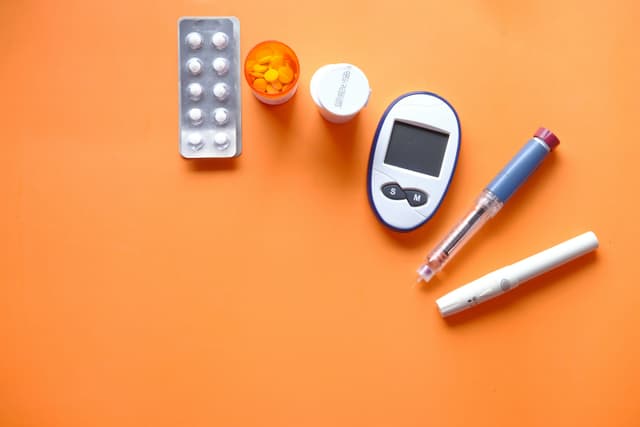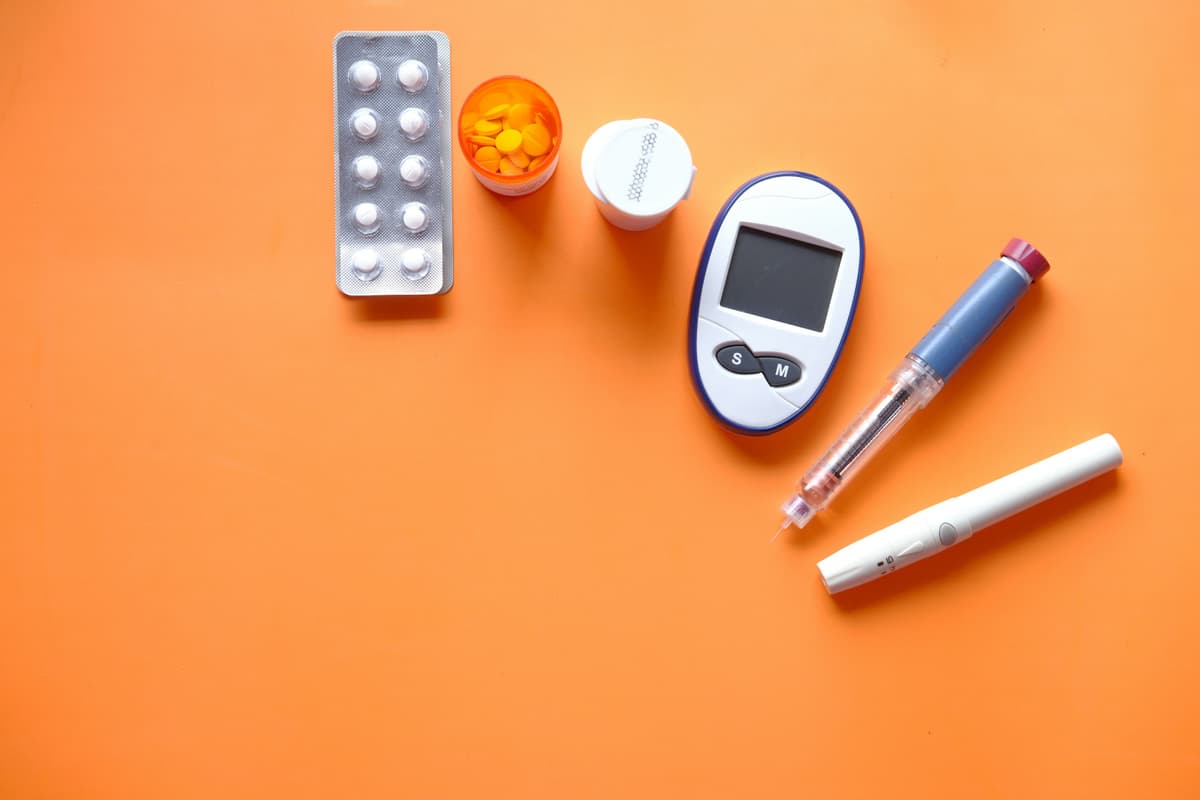
Understanding Common Diabetes Symptoms
- May 21, 2024

Understanding Common Diabetes Symptoms
As an experienced ophthalmologist, I often encounter patients with diabetes, a condition that affects millions worldwide. Understanding the early symptoms of diabetes is crucial for timely intervention and effective management. Let's delve into these symptoms and their implications.
1. Excessive Urination
One of the hallmark symptoms of diabetes is excessive urination, known as polyuria. When blood glucose levels are elevated, the kidneys work overtime to filter and excrete the excess glucose. This process leads to increased urine production, causing individuals to make more frequent trips to the restroom. If you find yourself visiting the bathroom more often than usual or experiencing prolonged stays, it could be a sign to take note of.
2. Excessive Thirst
Excessive thirst, or polydipsia, often accompanies increased urination in individuals with diabetes. As the body attempts to eliminate excess glucose through urine, it draws water from the tissues, resulting in dehydration and an unquenchable thirst. It's common for those affected to consume large amounts of fluids to alleviate this sensation, but be wary of sugary beverages, as they can exacerbate elevated blood sugar levels.
3. Extreme Fatigue
Diabetes affects the body's ability to utilize glucose for energy, leading to extreme fatigue and lethargy. Without adequate glucose uptake by cells due to insulin resistance or insufficient insulin production, individuals may experience a persistent lack of energy. Think of glucose as fuel for your body—when it's not efficiently utilized, you're left feeling drained and exhausted.
4. Excessive Hunger
Polyphagia, or excessive hunger, is another symptom associated with diabetes and is closely linked to insulin resistance. When cells are deprived of glucose, the body signals hunger to replenish energy stores. Excessive eating can further elevate blood sugar levels, exacerbating the cycle of hunger and high glucose.
5. Numbness or Tingling
Diabetic neuropathy, characterized by numbness or tingling in the extremities, is a common complication of diabetes. Elevated blood sugar levels can damage nerves over time, leading to sensory disturbances. Managing glucose levels within the normal range is essential to prevent further nerve damage and alleviate symptoms.
6. Slow Healing Wounds
Poor circulation resulting from thickened blood due to high sugar levels can impair wound healing in individuals with diabetes. Reduced blood flow hinders the delivery of essential nutrients and oxygen to injured tissues, prolonging the healing process. Pay attention to cuts or bruises that heal slowly, as they may indicate uncontrolled blood sugar levels.
7. Blurry Vision
Elevated blood sugar levels can impact vision by causing fluid imbalances in the eyes, leading to blurry vision and difficulty focusing. Regular eye exams are crucial for detecting diabetes-related eye complications early, as damage to the eyes can occur even before a diabetes diagnosis.
Understanding these common symptoms of diabetes empowers individuals to seek prompt medical attention and adopt lifestyle modifications to manage their condition effectively. As an ophthalmologist, I emphasize the importance of regular eye exams and proactive diabetes management to preserve vision and overall health.